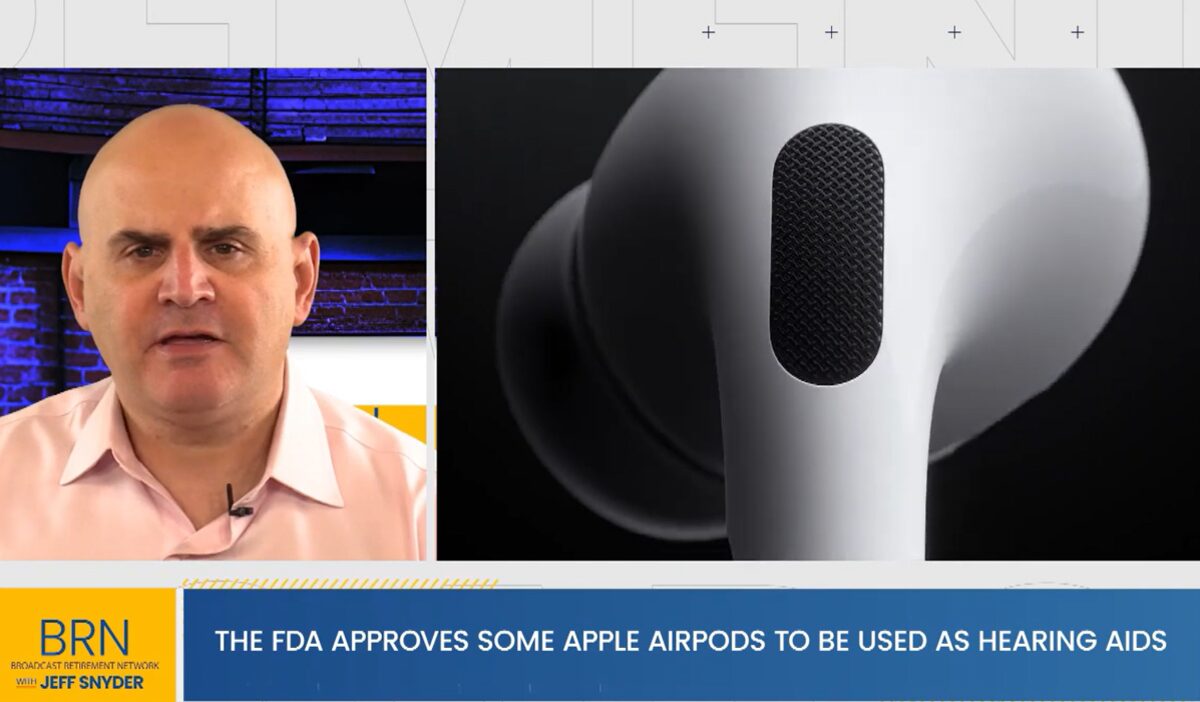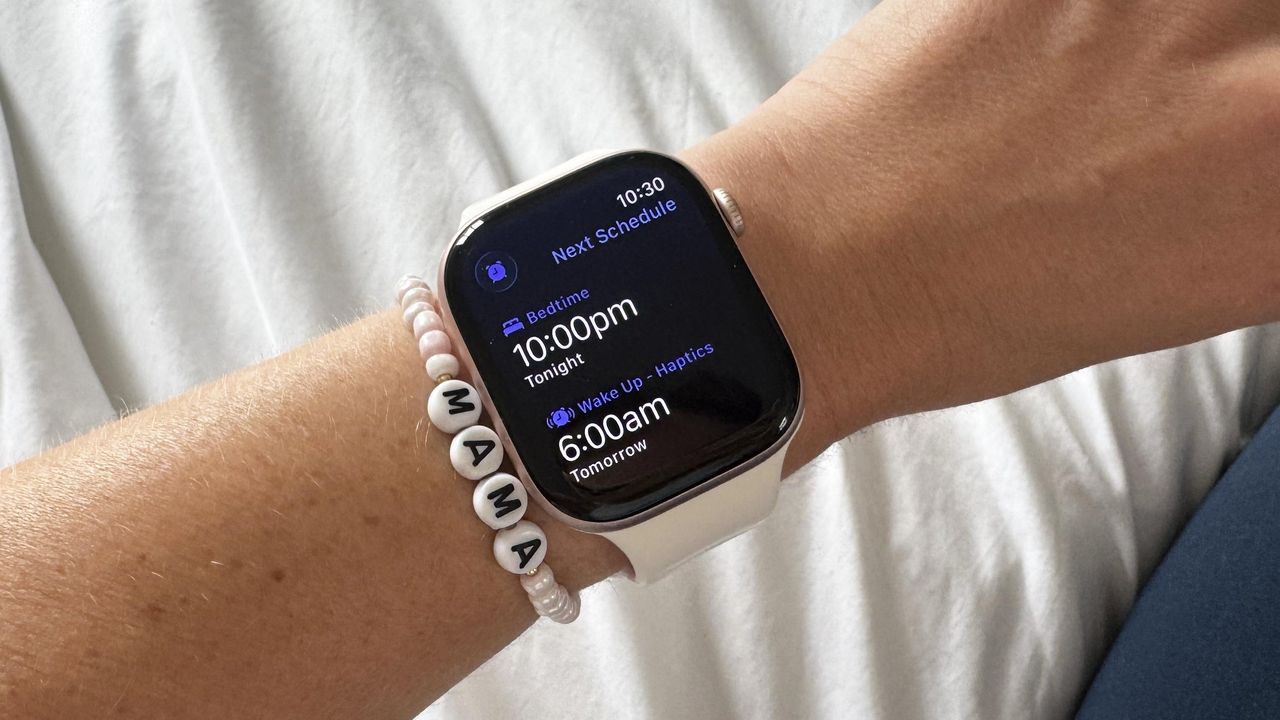The United States Food and Drug Administration (FDA) has approved certain models of Apple AirPods to function as hearing aids, a significant step aimed at enhancing accessibility for individuals with hearing impairments. This decision reflects ongoing efforts to develop more affordable and user-friendly hearing solutions amidst widespread challenges related to hearing loss.
According to the National Institute on Deafness and Other Communication Disorders, only about one in six Americans with hearing difficulties use hearing aids, primarily due to high costs, limited accessibility, and social stigma. The FDA’s approval allows for a software enhancement that transforms existing AirPods into hearing aids, a move that may encourage more individuals to seek help for their hearing issues.
During a recent interview on the Broadcast Retirement Network, Jeffrey H. Snyder spoke with Julie Norin, an audiologist and faculty member at Towson University, about the implications of this development. Norin highlighted that, while the AirPods will receive a firmware update to enable their new function, they are not entirely equivalent to traditional prescription hearing aids.
“This will be interesting,” Norin remarked, expressing her approval of the conversation this development could spark about hearing loss and the available treatment options. She emphasized that while the software update may enhance access to hearing solutions, it does not replace the comprehensive evaluations and support provided by licensed audiologists.
The conversation highlighted the importance of addressing hearing loss proactively. Norin noted that untreated hearing loss can lead to psychological issues such as depression and social isolation, as well as cognitive decline, according to research from Johns Hopkins University. Increased awareness can prompt more individuals to seek assistance, which is crucial for overall mental and emotional health.
Snyder also raised questions about the differences between over-the-counter (OTC) and prescription hearing aids. Norin explained that OTC devices, including the newly approved AirPods, are designed for users to manage independently, lacking the professional support found with prescription devices. While OTC options can include significant savings, they often come with limitations that might not address underlying health issues related to hearing loss.
“If hearing loss could be solved with just a device, we wouldn’t have a profession,” Norin stated, underscoring the need for professional guidance in determining the most appropriate treatment for each individual. She cautioned that individuals might overlook serious conditions, such as earwax blockage, which could be misdiagnosed without expert assessment.
Norin discussed the various roles of hearing professionals, including otolaryngologists and audiologists. She emphasized the importance of consulting with a qualified professional before opting for OTC solutions. Many health insurance plans, including Medicare, may cover the costs of necessary hearing evaluations, making professional consultations more accessible.
As the FDA’s ruling on OTC hearing aids is relatively new, ongoing research is essential to assess the effectiveness of these devices, including the AirPods. Norin indicated that many professionals are monitoring the outcomes related to the FDA’s approval of OTC devices to ensure they meet the necessary standards for hearing assistance.
The anticipated firmware update for the AirPods is expected to roll out in October 2023, offering users a new way to manage their hearing needs. While the AirPods are not intended to replace traditional hearing aids, they represent a step toward reducing barriers and fostering conversations around hearing health.
As public awareness grows, it will be essential to monitor the impact of these developments on individuals experiencing hearing loss. Future discussions with experts like Norin may provide further insights into the evolving landscape of hearing health and technology.







